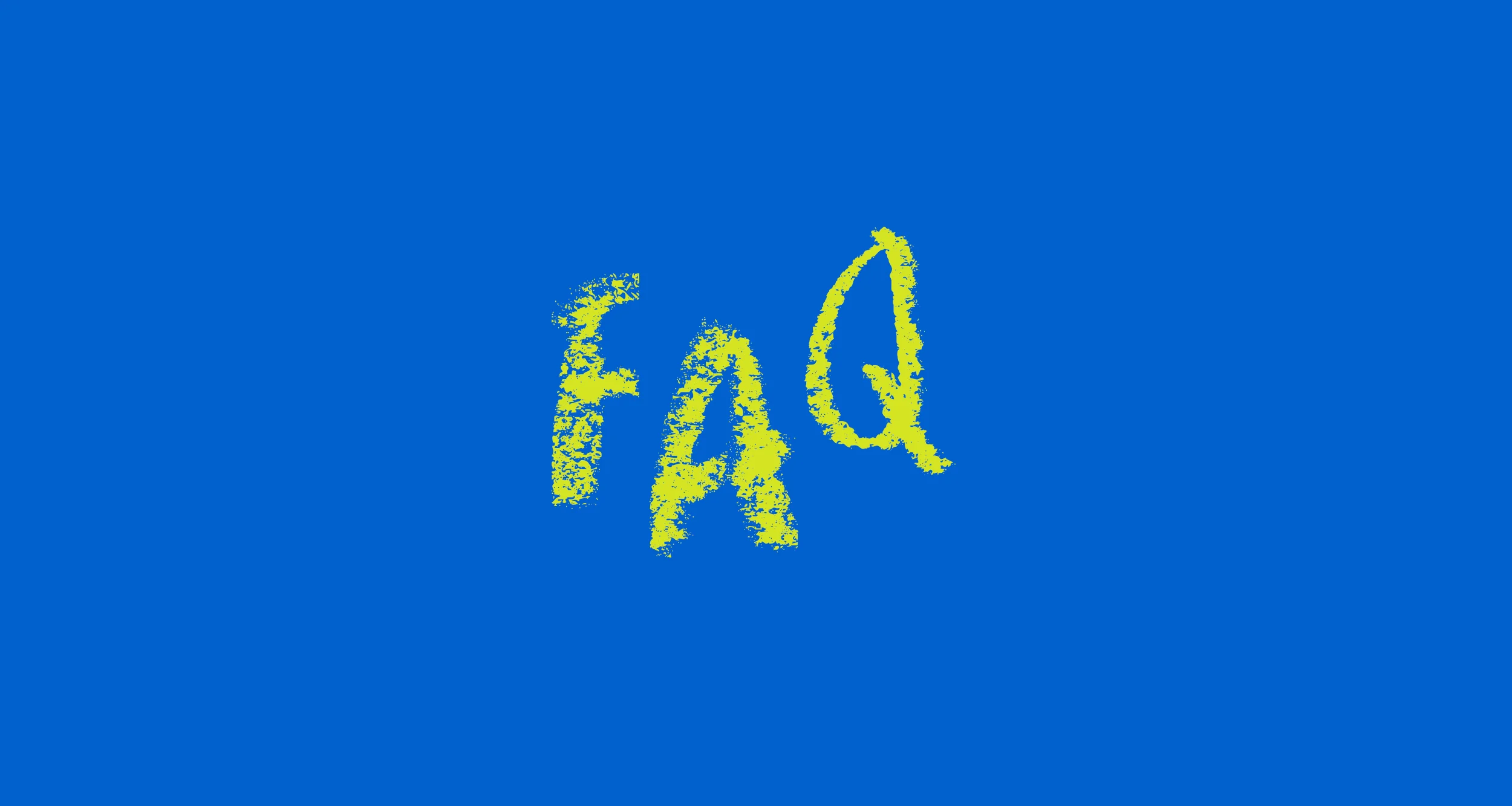Q: Was everything a symbol? Was the swing set actually a swing set? Was Augustus’s prosthetic leg just a prosthetic leg? Were the people actually people or were they symbols like in Lord of the Flies?
The people in the Lord of the Flies are people; just because it’s possible to read them symbolically doesn’t mean they stop being people. (For example, it is possible—and in fact all of us to do this—to read the real people in our actual lives symbolically, to see so-and-so as A Cautionary Tale and what’s-her-name as the Definition of Cool, etc.)
You shouldn’t feel like an idiot. There are more than one ways to read a good story, and my first job as a writer is to write something you’ll enjoy reading. I hope that I also write something that holds up to critical reading; i.e., the deeper you look, the more you will be rewarded for looking, and the more you will be able to see into questions that are hopefully interesting and important.
To repeat something I’ve said again and again, the writer’s intention is irrelevant. So you decide whether the swing set is just a swing set; you decide whether Augustus’s prosthetic leg is just a prosthetic leg. Whether the author intended a symbol or a theme or whatever is irrelevant; if you find that it aids you in your observation and interrogation of the universe, then it succeeds regardless of authorial intent.
I’d argue this is the case with Lord of the Flies, too: It’s a fun adventure story, and also a very sad one, but the more you think about it, the richer and more interesting it becomes.
